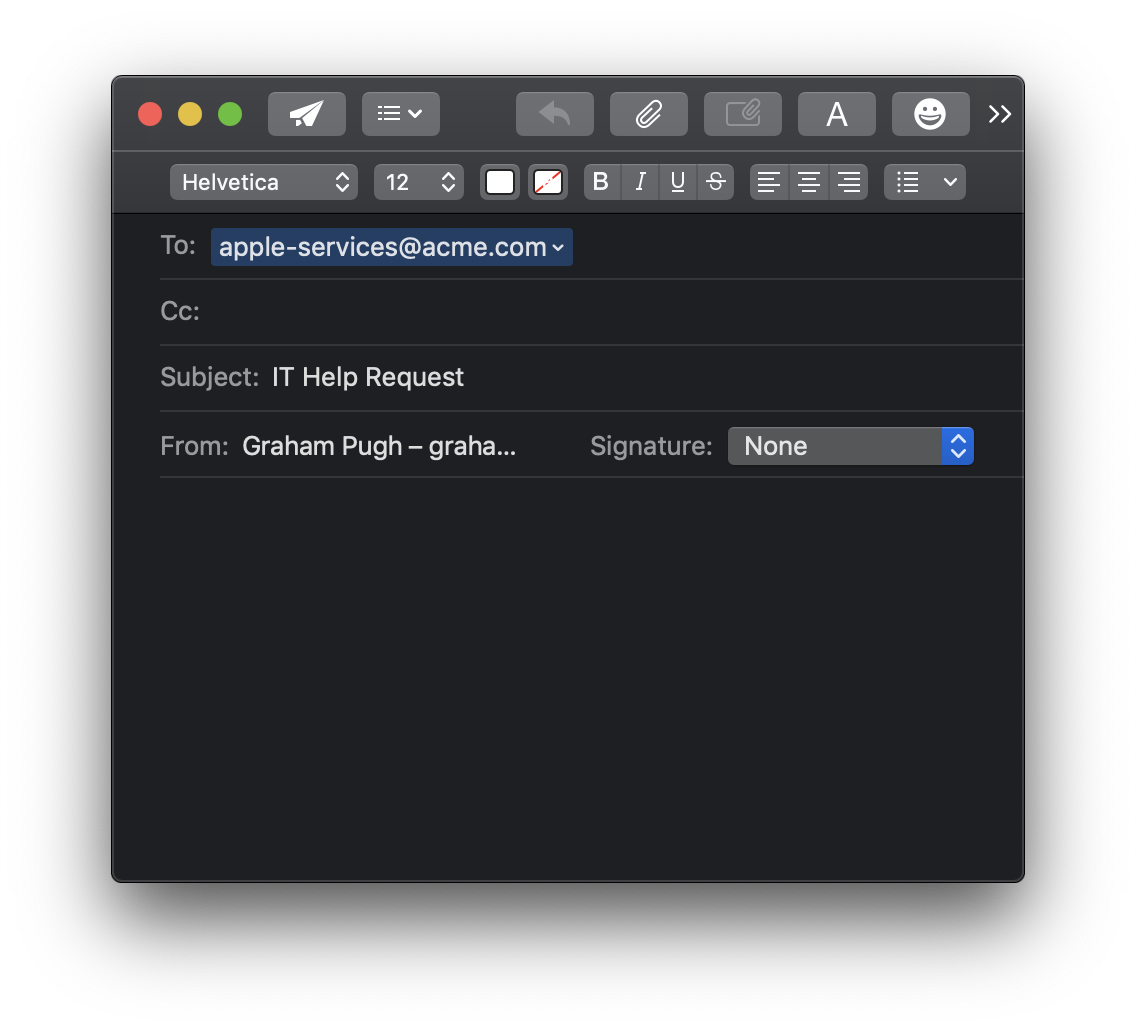

When the script runs, you should see output similar to that shown below. To store the account password in the plist file:ĭefaults write -info jamfpro_password account_password_goes_here To store the account username in the plist file:ĭefaults write -info jamfpro_user account_username_goes_here To store the Jamf Pro URL in the plist file:ĭefaults write -info jamfpro_url


The plist file can be created by running the following commands and substituting your own values where appropriate: Any colons ( : ) are likewise replaced with dashes ( – ) to prevent problems for the macOS filesystem.įor more details, please see below the jump.įor authentication, the script can accept hard-coded values in the script, manual input or values stored in a ~/Library/Preferences/ file. Policy_name_here-jamf_pro_policy_id_here-graphics_file_name_hereĪs part of the download process, any spaces are removed from the graphic file’s file names and the policy names. Save the downloaded graphics file to a specified download directory, using a filename format like shown below:.Download each Self Service icon’s graphic file using the URI for each file.Use the Jamf Pro Classic API to identify which policies are Self Service policies with icons.To help me manage this, I have a script which does the following: I can track changes to the Self Service policy icons.I have an off-server backup for the graphic files.While working with Self Service policies on Jamf Pro, I prefer to download the graphic files used for the Self Service icons and back them up to GitHub or a similar internal source control tool.


 0 kommentar(er)
0 kommentar(er)
